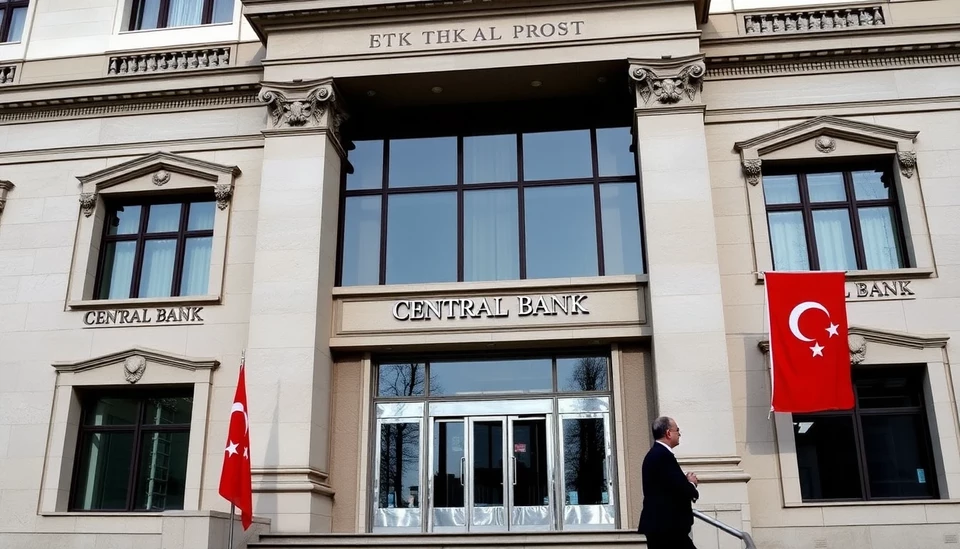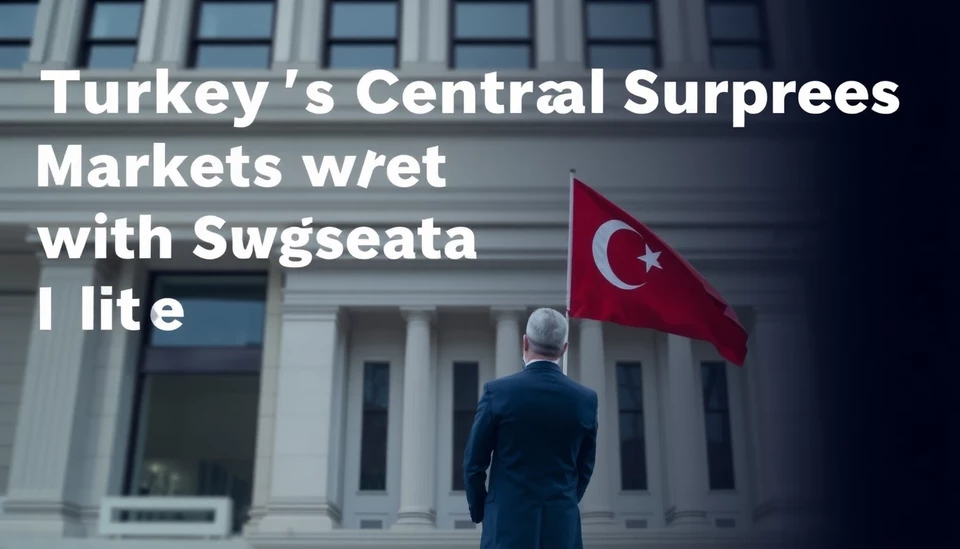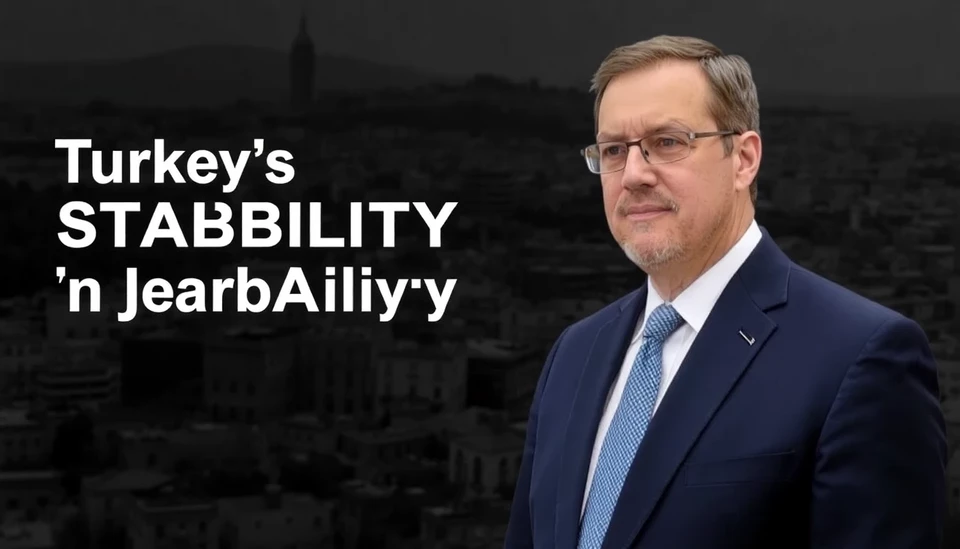
In a surprising twist in the financial landscape, Turkey's central bank convened an emergency meeting, resulting in a significant decision to raise the overnight rate. This unexpected move stunned investors and analysts alike, igniting discussions about the future of Turkey's economy and its challenges surrounding inflation.
On March 20, 2025, the Central Bank of the Republic of Turkey (CBRT) took the bold step of increasing its benchmark interest rate from 20% to 23%, a substantial adjustment aimed at combating soaring inflation and stabilizing the nation’s financial system. This measure comes at a time when Turkey is grappling with significant economic pressures, including a weakened currency and rising consumer prices that have put a strain on the average citizen's purchasing power.
The decision to hold this meeting was not a regular occurrence but rather a response to acute economic conditions. According to analysts, the hike reflects the central bank's recognition of the urgent need to restrain inflation, which has surged beyond previous expectations. Many economists had predicted a rate increase, but the timing and scale of this adjustment were unexpected, highlighting the bank's urgent recalibration of its monetary policy.
As a result of this decision, the Turkish lira witnessed volatility in the currency markets. Following the announcement, the lira was seen strengthening against major currencies, though it remains to be seen whether this trend will be sustained. Market observers noted that the rate increase might restore some investor confidence that had been shaken by recent economic instability and uncertainty surrounding Turkey's fiscal policies.
The central bank's statement emphasized its commitment to conducting monetary policy with a strong focus on price stability. It outlined plans for future interventions aimed at combating the inflation rate which currently sits at around 60%, significantly above the bank's target. This proactive stance aims to catch the attention of foreign investors, demonstrating the central bank’s dedication to controlling runaway inflation and tightening monetary conditions.
Economic analysts predict that while this rate hike may provide temporary relief, the long-term effectiveness of this measure will largely depend on how the government addresses broader economic reforms and structural issues that have contributed to the current crisis. Among the concerns are ongoing problems such as low foreign direct investment and high public debt, which remain key factors affecting Turkey's economic health.
The central bank’s recent action signifies a shift in policy direction, as it seeks to align its measures with unprecedented inflationary trends. This recalibration intends not just to stem price rises but also to restore public faith in the currency and mitigate the risk of further economic fallout, particularly as elections loom on the horizon.
In conclusion, the unexpected hike in interest rates showcases Turkey's ongoing struggle with economic instability and the measures it must take to restore confidence. The central bank’s move has opened up a conversation about the effectiveness of monetary policy in the face of deep-rooted structural challenges, and whether such swift actions can pave the way for long-term recovery.
As Turkey navigates this tumultuous economic landscape, the world will be watching closely, as the outcome of this decision may set the tone for future monetary policy in one of the world's largest emerging markets.
#Turkey #CentralBank #InterestRates #Inflation #Economy #Lira #FinancialNews
Author: Laura Mitchell




